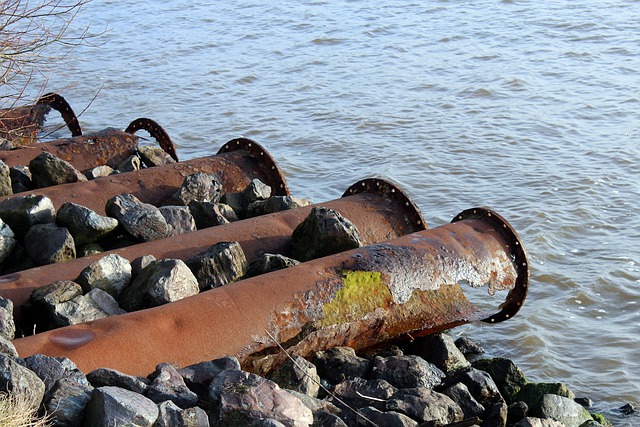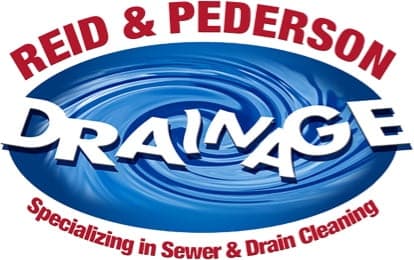A Drainage Minute: The Reid & Pederson Drainage Blog
The Effects of Sewage & Wastewater Pollution

When you think of water pollution, the first thing that may come to mind is industrial contaminants. But did you know that municipal wastewater effluents are also a large source of contamination?
While treatment plants work to remove these contaminants from our water and make it safe for humans and wildlife, concentrations can still sometimes be high enough to produce negative impacts on us and the environment.
Environmental Impacts of Wastewater Pollution
As far as environmental impacts, high levels of wastewater effluents in bodies of water can lead to excessive algae growth. While some nutrients found in the effluent can be beneficial in small numbers, high concentrations of them can cause a chain reaction of destruction to the entire ecosystem living below the waves. From lack of oxygen for marine life and toxins produced by the overgrowth of algae, to complete loss of habitat for fish and other marine life, many bodies of water suffer continual damage because of dangerously high levels of effluent discharges.
Economic Impacts of Wastewater Pollution
The damage to ecosystems due to excessive wastewater discharges has impacts beyond the environment. Economic impacts, such as the closing of beaches and boating and fishing spots, can cause municipalities to lose tourism dollars and commercial and employment opportunities. If a town relies on its beaches and recreational activities to bring people to it, an event like a closed beach can be devastating to its economy.
Health Impacts of Wastewater Pollution
Lastly, and most importantly, sewage contamination can have dire effects on humans. If it enters drinking water, consumption can lead to serious illnesses or even death. Gastrointestinal symptoms, ear, nose and throat infections and skin problems can all arise from contact with contaminated water.
How to Prevent Water Contamination
So what is the number one thing you can do to help prevent contamination? Conserve water! By conserving water, the volume of water that travels to the treatment plant decreases, resulting in better plant efficiency and a lower risk of contaminants entering nearby water sources.
Lastly, make sure you dispose of hazardous household waste and medications correctly. Never flush these things down your drains or toilets as there’s a very good chance they can end up anywhere other than the treatment plant!
If you’d like to learn about other things you should never flush down your drain, or need sewer or drain cleaning help, reach out to the experts at Reid & Pederson Drainage today!
